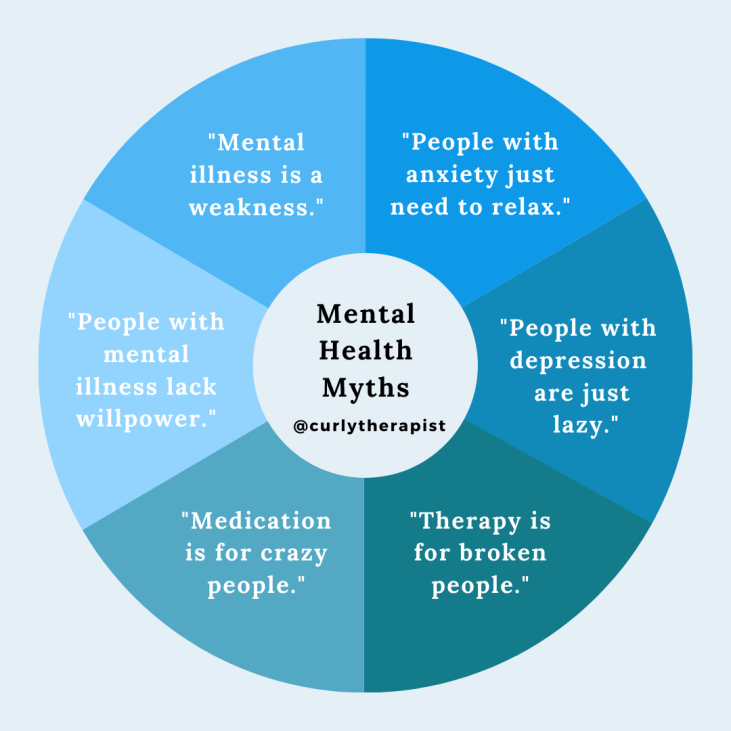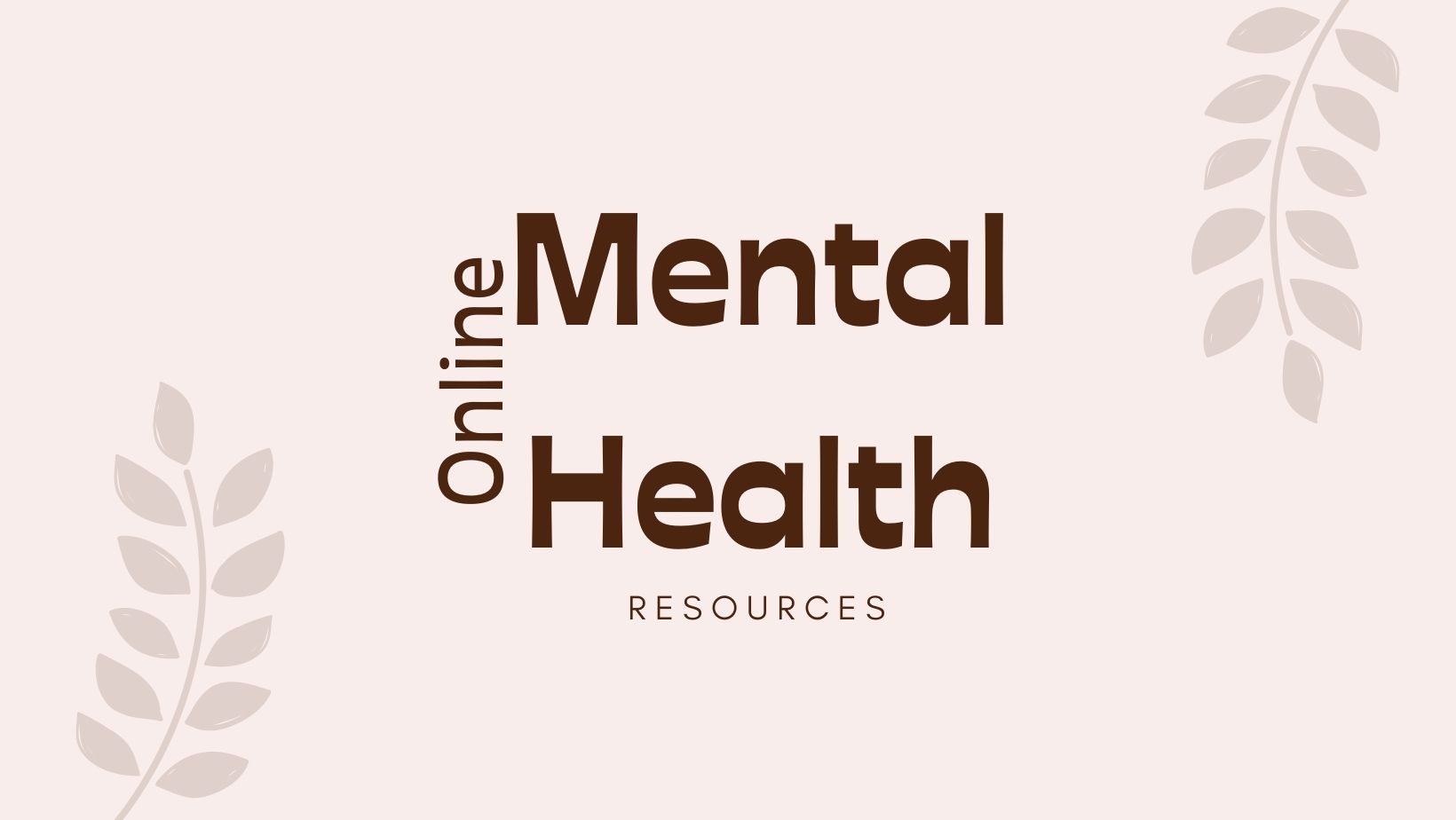Why Mental Health Awareness is important to Schools
The awareness of mental health client in schools is essential since it determines the general wellbeing health and the performance of students in school. Mental health is thus not an invulnurable bracket of a student’s eligibilities from school burdens as when handled rightly by administrations and special department influential programs could make a difference.
In this article, we shall explore the following: Why School Mental health Matters and how you can create a mentally healthy school setting.
The Connection between Mental Health and School Performance
It may be seen that mental health has a direct relation with the performance of the student. Mental illnesses are known to interfere with concentration, focus, motivation and keep the student from participating in class actively. According to research, mental health should be among schools’ biggest priorities to enable students, perform well academically and to the best of their abilities.
However, mental health matters compromise a student’s social and emotional development and may keep them from forming healthy relations with fellow students or teachers. This will make them feel alone hence worsening their mental condition in a cases where they have one.
Now, understanding how and when to address mental health in schools, it is possible to help each student, so they would all see other students as their equals and valuable friends.
The Role of Public Education
Mental health literacy is important in schools because it eradicates stigma related to mental disorder. Informed students are better placed to note signs of distress within their individual selves or their peers and engage the appropriate support as required. It also helps the individual and also nurtures a culture of support in the school .
First of all, schools must raise awareness on the importance of adequate mental health, and prevent the situation when students do not seek professional help for years. Ensuring students receive adequate information on ways to fight or at least alleviate our mental health problems and learn coping mechanisms, we can avoid more severe conditions further on.
Strategies of Building a Sound Mental Health School Environment
Mandatory and essential prerequisites for the construction of mentally healthy schools involve the enhancement of mental health on all levels, including institutional and organizational, curricular and cocurricular, and interpersonal and interstructural. Some ways to promote mental health in schools include:
- Educating students about mental health: Such programs should consist of tackling mental illness within the curriculum since knowledge is a great way to start fighting prejudice.
- Providing access to support: It remains evident that schools should provide basic needs in cases where students may be having one or several mental health issues. This would could be in form of guidance and counselling, support groups or even suicide prevention hotline.
- Cultivating a supportive and inclusive culture: Make an atmosphere whereby students will be comfortable to express themselves out in terms of their psychological health. Students should be free to approach staff and foster healthy relationships with the students.
- Fostering a positive school climate: Stress should not be allowed to cram up the lives of students hence appreciable programs such as mindfulness practices and stress management among others should be adopted.
Self-awareness of Ordinary Mental Health Illness of College Students
The means and symptoms of various mental disorders need to be known, so that people can notice the first signs and seek help. This not only helps the students to admit their problem or issue but they will also get the next step to follow by embracing and identifying problems such as anxiety, depression or stress.
- Things to Look Out For
- Changes in behavior or mood
- Lack of educational progress or lack of interest
- Generalized depression or anxiety
- Anger, or aggression or the tendency to have temper tantrums
The Evaluation of Stigma Pertaining to Mental Health
This is true because there is so much negative attitude concerning mental health among students. This stigma poses a lot of importance for schools to challenge and ensure that when students develop any signs of psychological problems they do not hesitate to seek help from their institutions.
Building a Supportive Culture within a School
The following steps can be taken by the schools to help create scope for people to handle the tough time in a better way: This ranges from a policy change that attending or promoting mental health, availing counseling services and staff development on matters concerning mental health.
Delivering Mental Health Programmes in School
In supporting mental health, schools can ensure or recommend a mental health program in school curriculum. This comprises educating students on well being, resilience and stress management as well as availing resources to the students.
The strategies that can be used curriculum Integration Strategies include the following:
Introducing mental health topics into areas of study
Training in mindfulness and relaxation in the framework of typical day activities
Withstanding conducting of workshops and seminars for mental health issues
Teachers’ Responsibility for Growth of Mental Health Awareness
This paper also found that teachers have significant responsibility to educate students on mental health. They will be mental health literate and will be in a position to recognize early indicators, offer help and direct the students to right channel.
Building a Foundation for Open Communication in a Class
Building up organizational communication makes students free to share their feelings, seek help, and learn how to relate with other students. Schools are in a position to support many students form friend groups, conduct awareness creation on mental health, propose healthy discussions on matters related to mental health.
Leave it to the Parents and Communities
School, parents, and communities must work together in addressing all rounded mental youths’ health needs. The churches can employ parents trough workshops, support group and daily communications so that the Schools can effectively address students issues.
The Mental Health Crisis & Available Resources
- Educating people on available local services for mental health
- Promoting about the community events and campaigning for the cause.
The first type of relation that needs to be created is cooperation with other organizations related to mental health.
Assessing the Impacts of Awareness Campaign
The monitoring and thus evaluation of the mental health awareness campaigns enables schools to check on their effectiveness, effectiveness that in return enables modifications to be made as well as guarantee continuous improvement in the ability to address students’ mental health needs.
Conclusion
Coping with mental health support in school is important to developing positive school climate. School counselors can bolster mentally healthy student bodies by incorporating lessons about mental health, connecting students with each other and their parents or guardians, and including them in the team that seeks to establish well-being care within a school environment.
Schools can also encourage students to utilize community mental health organizations as well as provide useful information about such organizations, arrange community events, and integrate cooperation with mental health organisations into the schools’ calendar to make sure that students can get the necessary help outside the school as well. We may assess the effectiveness of such campaigns in order to identify the effectiveness or lack thereof of such approaches, so that schools may make informed decisions for students in need of help.
Collectively and with the right plan in place, we can create a society where every student receives the support they need for their mental wellbeing so they aim and succeed academically, and socially. Let us pray and support the need to have more schools champion for mental health care for learners, because every learner deserves to thrive.




